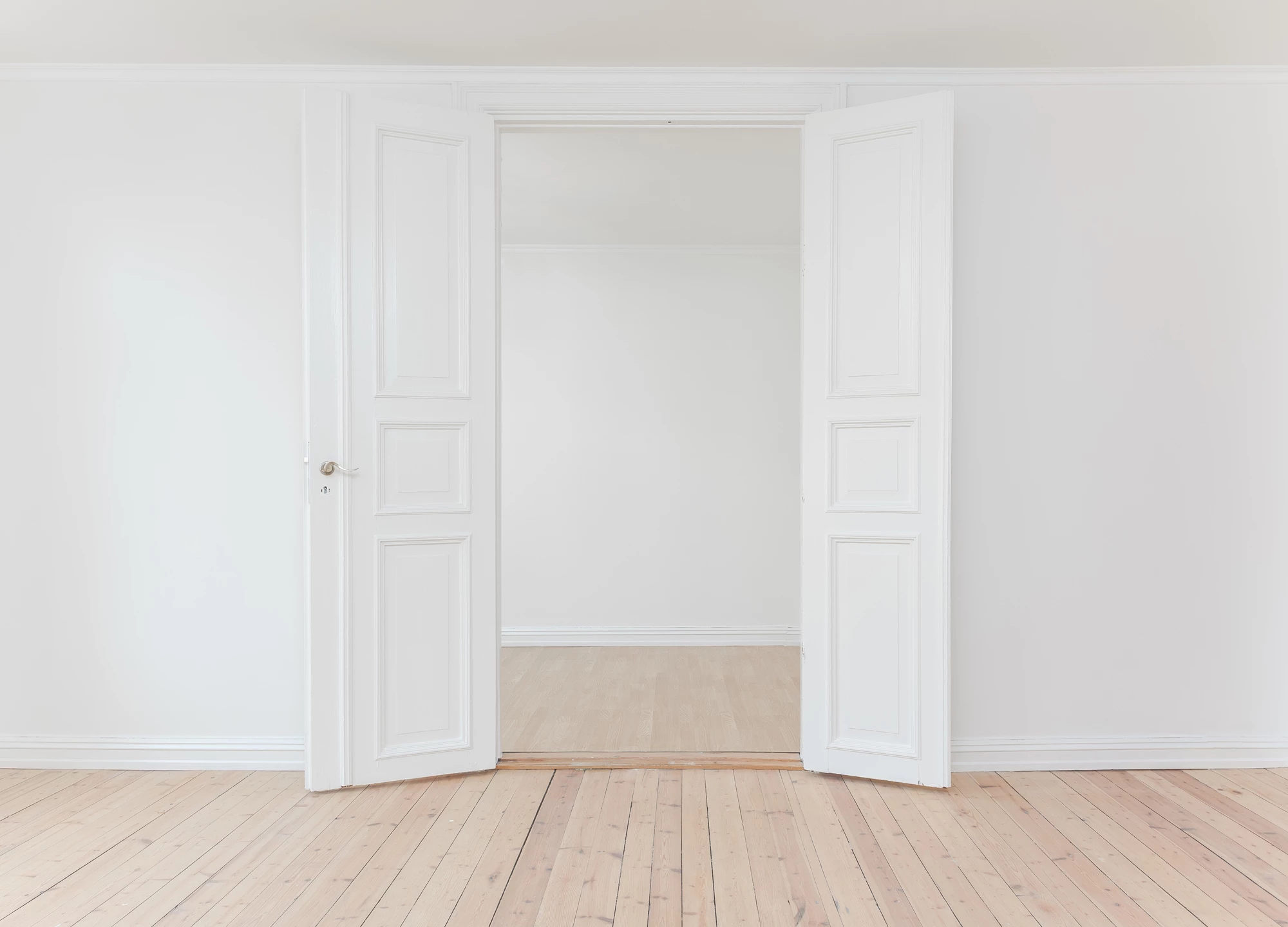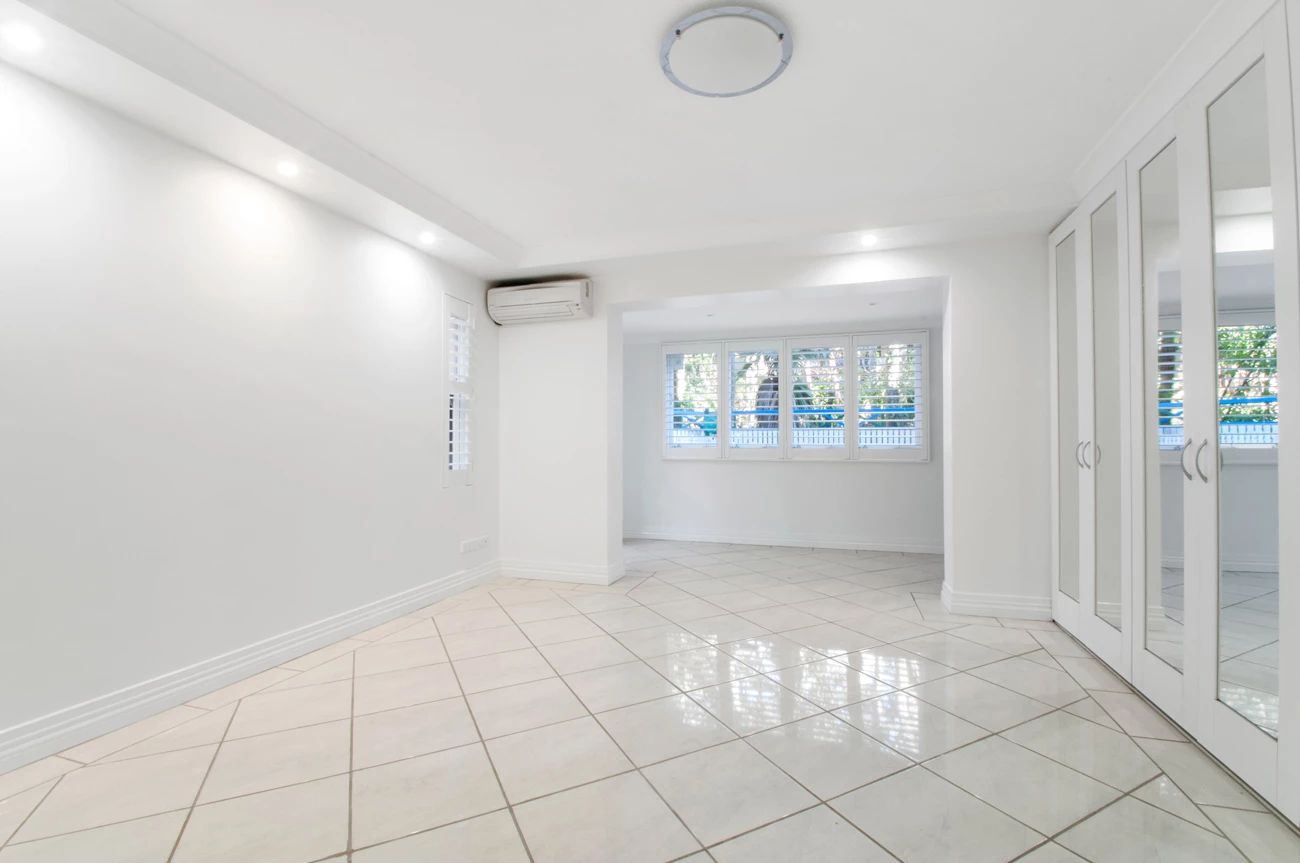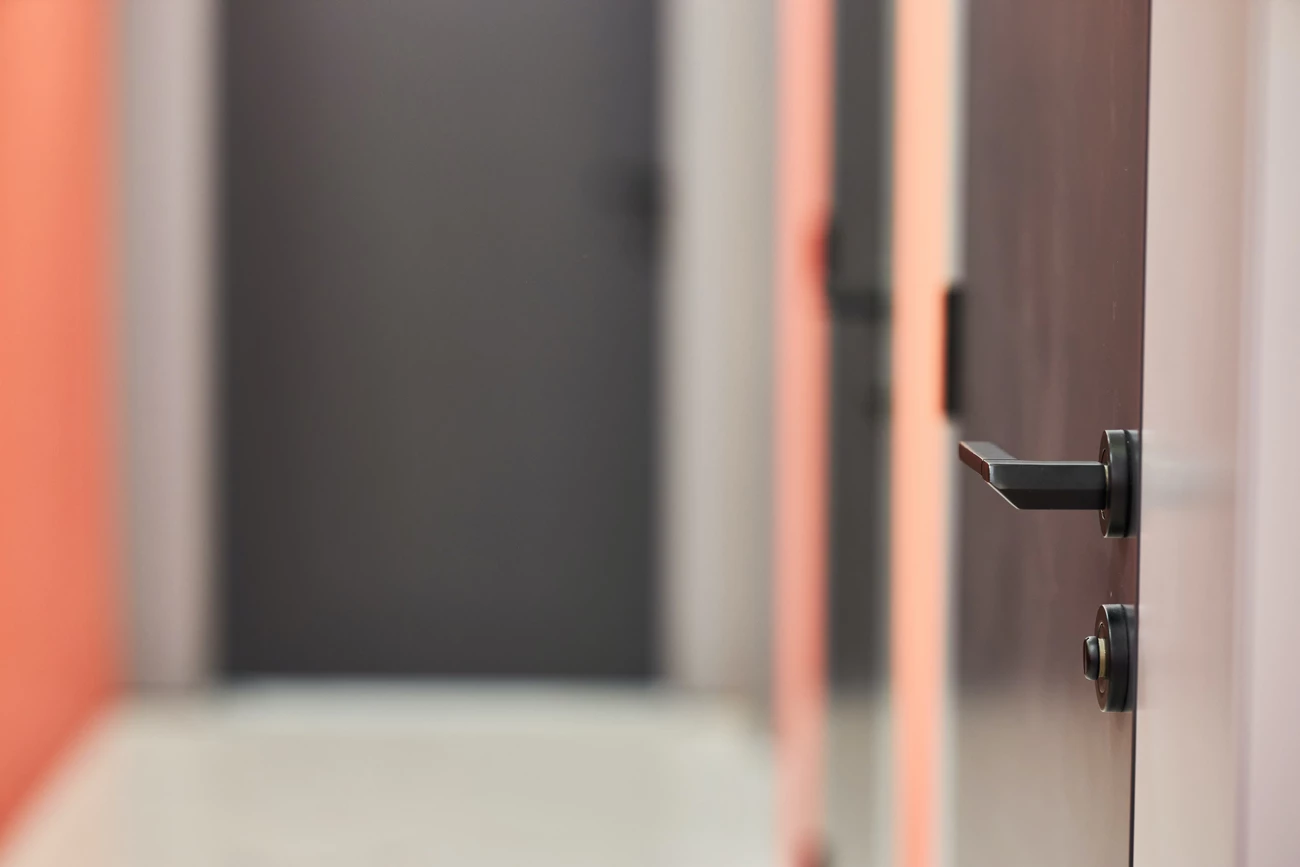01/10/2020 | Category: Home Insurance

People who own older properties in particular can sometimes have issues with the home smelling rather unpleasant when left for a period of time.
For you, it might be a second home that you are returning to after it has been left empty for weeks due to the Coronavirus lockdown. Sometimes, it can take just a couple of days for a property to develop a scent that makes it seem like it has been left empty for months.
The good news is that there are many simple tricks for getting rid of that nasty empty house smell. Before we begin, though, it’s important to make sure that your unoccupied home is protected.
A home that’s left unoccupied regularly needs to be insured against the associated risks – such as burglary, vandalism, water and fire damage. But finding the right policy, for the right price, can be tough – so, leave it to the Insurance Choice experts.
We specialise in unoccupied home insurance, searching our panel of trusted insurers to find you cover that suits your exact needs.
What’s responsible for the empty house smell?
In the large majority of cases, the reason for the empty house smell will simply be lack of airflow through the property.
If it’s been left for a number of days, weeks or months, with all the doors and windows locked up, then this will create a stale scent. Older furniture and furnishings (such as carpet) and uncleaned spaces can add to this odour.
How to get rid of the smell
One of the best ways to rid the stagnant scent from the property is to give it a good air out. When you’re next there, throw open the doors and windows for as long as possible. Of course, you should never leave a property with doors and windows still open.
If the smell doesn’t seem to shift after doing this, here are some more things to try:
- Give the property a thorough clean, using top quality products when tackling the floors and surfaces. Antibacterial products may help kill off the bacteria responsible for the odour.
- Walls can be washed using a vinegar solution – mix a cup of distilled white vinegar in a bucket of warm water and apply to the walls using a non-abrasive sponge or soft cloth.
- Wash the curtains – if they’re old and dusty then they might be adding to the smell.
- Vinegar is a powerful odour-buster, so either leave a bowl in each room or fill up a spray bottle and deliver a few squirts per room.
- If you’ve got carpets, try sprinkling some baking soda onto them, leaving for no more than an hour before hoovering it up.
If the musty smell doesn’t budge
If you’ve tried all of the above but the musty scent is still there, this could be a sign that your house has a mould or mildew issue. See if you can find which room or area the smell is coming from and isolate it.
If you notice mould stains on the walls or on the furniture within that room or space, then you may be able to use a special mould/mildew wash concentrate to remove it. You should always wear protective clothing – including rubber gloves, goggles and a mask – because cleaning it can send particles into the air, and you don’t want to breathe it in.
Some types of mould are more dangerous than others, so do your research and enlist professional help if you see fit. It may be best to call in the pros if you discover a big mould or mildew issue – the time you’ll save is likely to be worth the money.
To stop mould or mildew building up in future, you might consider investing in a dehumidifier and using it in the rooms that are most susceptible. You’ll still need to return on a regular basis to empty the dehumidifier, air the hose naturally and make sure that issues such as mould and mildew haven’t returned.
Don’t leave the dehumidifier on for long periods of time if you’re away from the house. An electrical fault could cause a fire which may lead to you trying to claim on your unoccupied home insurance.
If any of your furniture or furnishings have fallen victim to mould or mildew in the affected rooms, you may need to get them replaced depending on how bad the problem is.
You might be tempted to hang air fresheners or use diffusers to mask the scent. While there is certainly no harm in doing this, it’s only a temporary solution and won’t shift the smells for good.
If your home smells like smoke
Does your home smell smoky rather than musty? If so, it’s important you identify the potential cause of the scent. It might be that the previous owners used to smoke in the property; if so, then you can try to rid the smell by washing walls using a vinegar solution and cleaning furnishings (including carpets and curtains) with baking soda.
You might need to repeat the process a few times before the smell is gone once and for all. And you could end up having to replace furniture or fittings if the smell of stale smoke remains.
However, if the smoke smells more like it’s coming from a fireplace, then this could be due to ventilation problems. In this case, you should get in contact with a professional who will visit the property to check if your property is at risk of fire.
Unoccupied home insurance from Insurance Choice
Hopefully, the tips above will help you remove odd smells from the property, making it a far more inviting space to walk into and stay in!
Remember, if this is your second home then a standard home insurance policy is unlikely to provide you with the right level of cover. That’s why you need to turn to the experts at Insurance Choice, who will find you unoccupied home insurance that matches your unique requirements.
Find out more about this type of cover and the risks it protects against, or get a free, no-obligation quote today!
Policy benefits, features and discounts offered may very between insurance schemes or cover selected and are subject to underwriting criteria. Information contained within this article is accurate at the time of publishing but may be subject to change.
